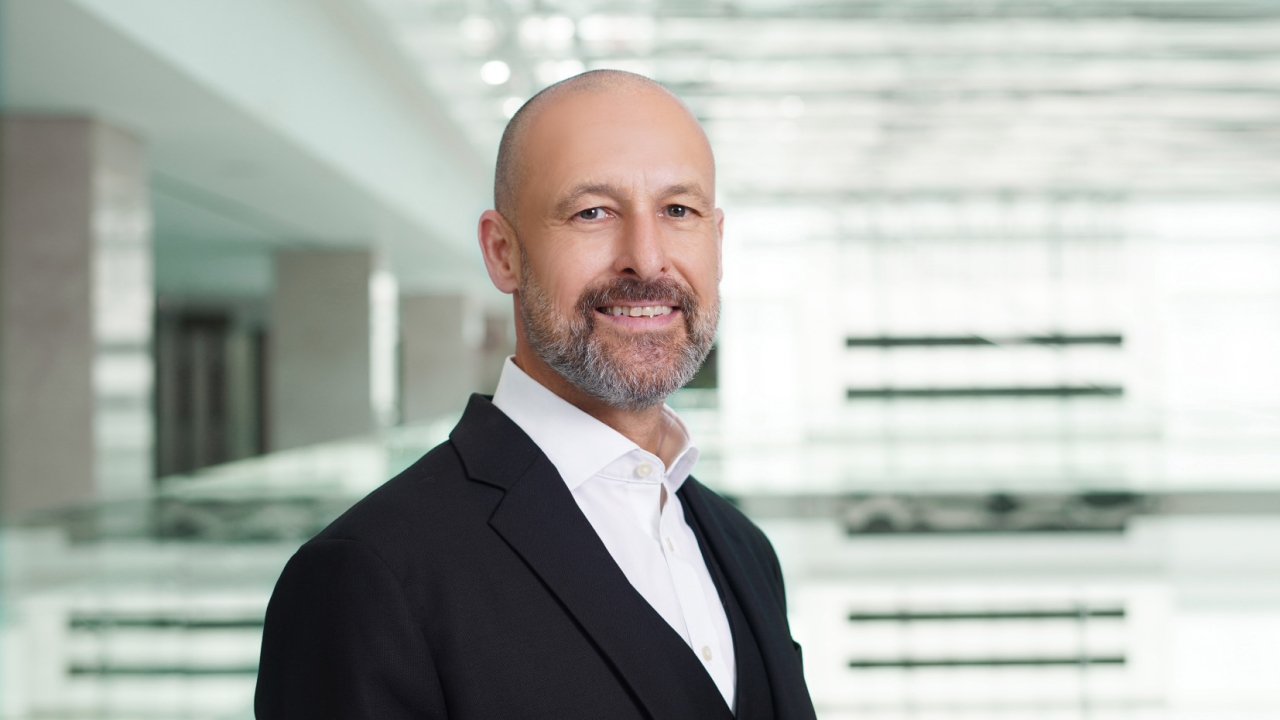Global Aerospace Summit looks at evolving global demand
The second day of the Global Aerospace Summit in Abu Dhabi saw industry leaders looking at evolving global demand, the supply chain and the region's embryonic space industry.

Right: Nicole Piasecki, Boeing
A panel session entitled the “Global aerospace supply chain: controlling life cycle costs” brought together Bill Fitzgerald, VP and General Manager, GE Aviation; Tom Williams, EVP Programs, Airbus; Eric Bachelet, Corporate Senior VP, Research & Technology, Safran; Inaki Lopez Gandasegui, Chairman and CEO, Aernnova; Christian Cornille, CEO, Aerolia; and Muaatasem Awda, CEO, Tawazun Precision Industries.
OEMs on the panel told delegates that flawless performance and the ability to deliver will be the quality they look for most from their suppliers in the future, but that capability and responsiveness will be close behind.
Tom Williams of Airbus said: “Performance has to be right at the top of the list. But the other issue is about capability, and people need to think about how they are going to differentiate their proposition in future.”
He added that OEMs will be looking for companies that can supply complete assemblies in future, rather than just components.
The debate also focused on geographical shifts in the supply chain, and in particular, the long-term threat to market share posed by low-cost suppliers from emerging nations, such as China.
Eric Bachelet of Safran argued that the market is large enough to bear the threat from new competition.
“The pie is growing – in an industry with four or five per cent growth per year, it is inevitable that countries with large populations will access these capabilities - but I think the pie is big enough to go round,” he said.
Muaatasem Awda of TPI issued a call for engine OEMs to look at investing in an engineering base in the region, saying: “We are geographically situated in the centre and we are consuming large numbers of aircraft, but we want to move up the value chain.”
A session on space looked at the work of MENA-based companies, including Yahsat and Thuraya, and the work being done at EIAST in Dubai.
While still a relatively young industry, it was felt that big steps were being made.
The summit ended on a high note with a panel discussion on “Commercial Space Business: a new era” featuring Khalid al Melhi, CEO, Bayanat; Jean-Yves Le Gall, Chairman and CEO, Arianespace; John Sloan, International Program Lead, FAA; George Whitesides, CEO, Virgin Galactic; Andrew Nelson, COO, XCOR; and Dr Matt Perkins, CEO, Surrey Satellite Technology Ltd.
A poll of delegates saw a resounding 77pc in agreement that emerging nations can benefit from space business.
This was a view echoed by Andrew Nelson of XCOR, who noted that as the cost of access to space falls, “with the right investments, there is the opportunity to create an entrepreneurial space community on a regional basis. It is going to be an exciting opportunity.”
Earlier in the day George Whitesides of Virgin Galactic had announced that it was now actively progressing what it calls “Spaceport Abu Dhabi” – see separate story.
This inaugural Summit was deemed a success by organisers and a date has already been set for the next one – to be held in Abu Dhabi on 7-8 April 2014.
You can read more about this year's event in the next printed edition of Arabian Aerospace magazine.
Stay up to date
Subscribe to the free Times Aerospace newsletter and receive the latest content every week. We'll never share your email address.

